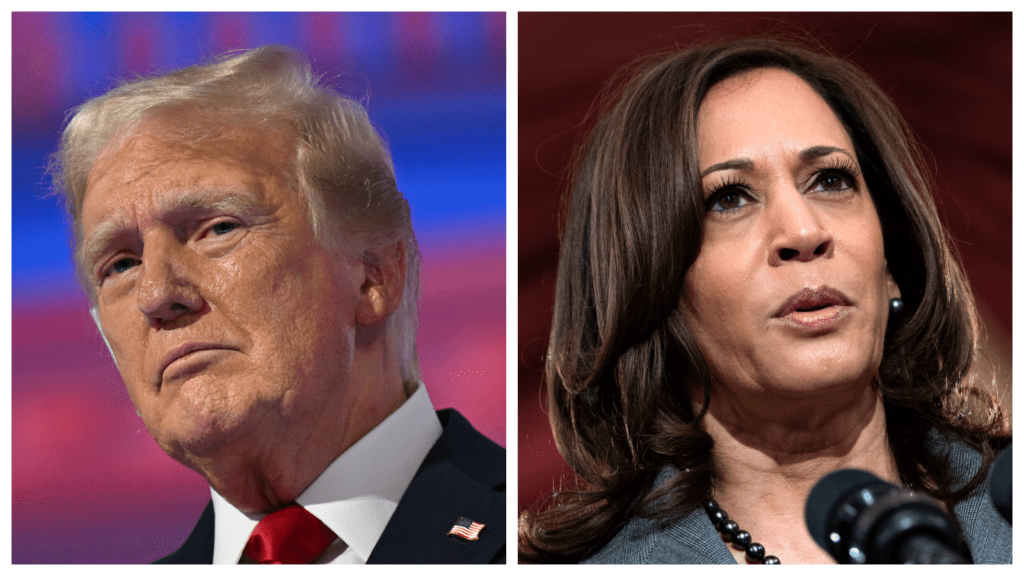President-elect Donald Trump has just set yet another history-making record for a GOP candidate. Not only did he win the popular vote — a historic achievement for a Republican candidate in over two decades — but he also secured over 76 million votes, making him the most successful GOP presidential candidate in history. Votes from late-counting states like Arizona and California continue to come in nearly two weeks after Election Day. As of Monday morning, Trump has garnered 76,433,589 votes, ranking second only to President Joe Biden, who received over 81 million votes in the 2020 election.
In 2024, Trump also surpassed his previous record from 2020 when he secured 74,223,975 votes — the third-highest total in U.S. history and still ahead of Vice President Kamala Harris’s 73,759,465 votes this year. For context, former President Barack Obama received 69,498,516 votes in 2008 and 65,915,795 in 2012, both years when he won 365 and 332 electoral votes, respectively. Fox News reported on Trump’s record-breaking vote total, highlighting his impressive margin of victory in several key battleground states that had previously eluded him. In addition to winning all seven of the swing states, Trump came close to overtaking Harris in Virginia and New Jersey, where she narrowly prevailed with about 51% of the vote.
Most of Trump’s significant gains came in urban areas, although in many cases, these regions did not ultimately support him overall. His victory in all seven swing states was partly driven by strong showings in areas like Maricopa County, Arizona, which is home to Phoenix and represents more than 60% of the state’s vote. Trump saw notable success among Hispanic voters in Arizona, closing the gap he had faced in 2020 when he lost the demographic to Biden by 24 points, reducing that deficit to just 10 points against Harris, according to NBC News.
In Georgia, Trump made significant strides in the nine counties surrounding Atlanta, where Harris failed to secure large enough margins to carry the state. Counties like Fulton, DeKalb, and Gwinnett—home to more than a million nonwhite voters—saw considerable movement toward Trump. After narrowly losing Georgia in 2020, Trump improved his standing in 153 out of the state’s 159 counties this time.
Trump’s historic popular vote total can be attributed to his strong performance across diverse communities, including Michigan’s Arab-American populations, Latino residents in Pennsylvania, and Native Americans in the Southwest. His coalition saw all-time-high numbers of Black and Latino men, who have been unfairly labeled with accusations of “racism” and “misogyny” by far-left critics. These critics have had difficulty understanding why these groups would support a Republican candidate, especially given the controversies surrounding Trump’s past remarks. Ultimately, however, many voters found that their everyday struggles, like the rising cost of living—symbolized by the soaring price of butter—outweighed the political noise. Even Joe Scarborough acknowledged the tangible impact of these issues on voters’ decisions.



